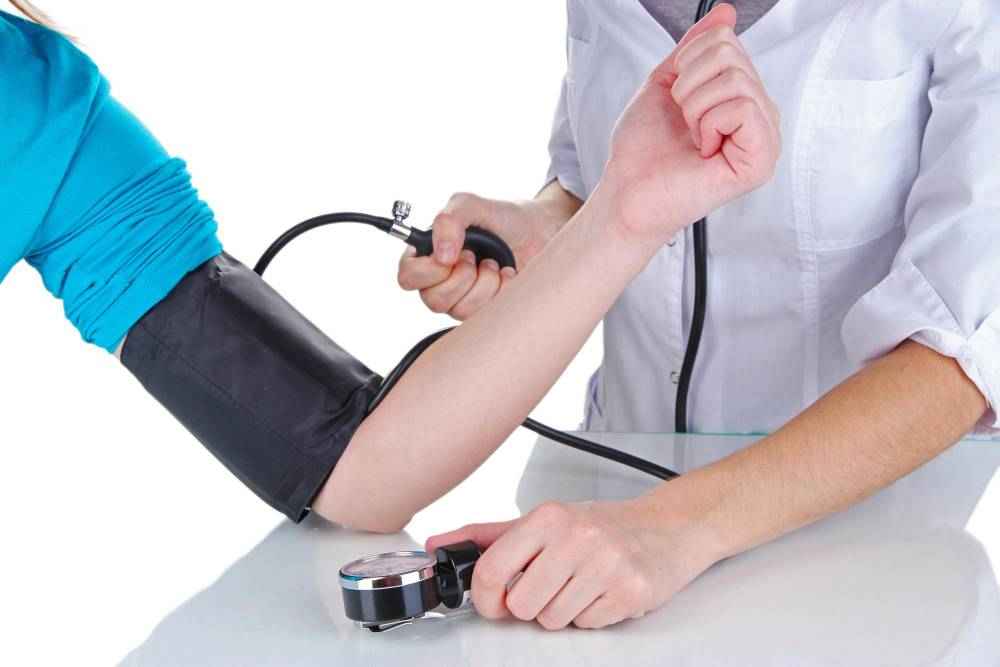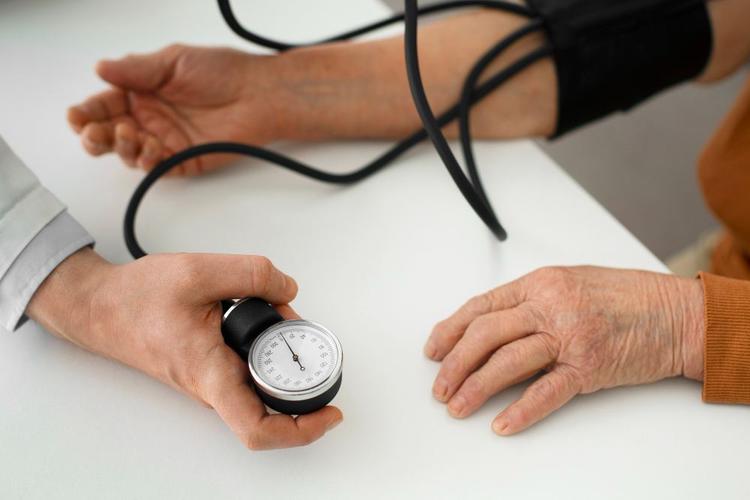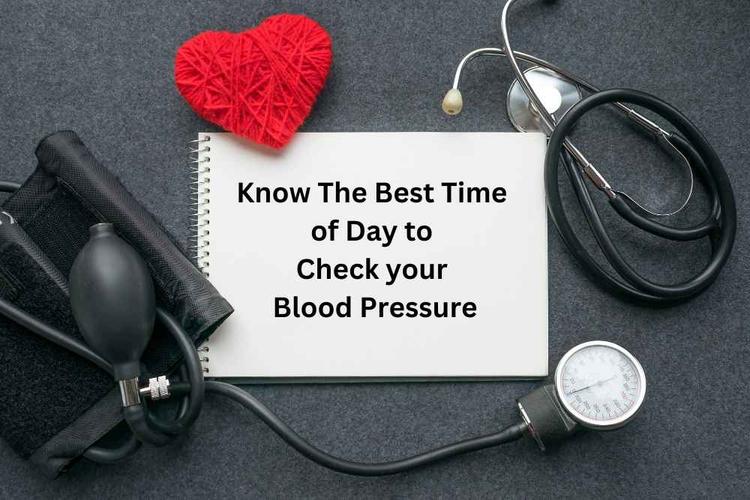Essential Blood Tests For Low Blood Pressure

Medically Reviewed By
Dr Sohini Sengupta
Written By Meenakshi
on Dec 4, 2023
Last Edit Made By Meenakshi
on Jan 8, 2025

Have you ever got a sudden head rush when you stand up quickly? Or suddenly feel weak or dizzy? It could be Low Blood Pressure. While you must have heard most people complaining of common high blood pressure and its associated health risks, the lesser-discussed counterpart, low blood pressure, deserves equal consideration. Whether high or low, both can be troublesome and need immediate attention. Not having these in balance can significantly turn one’s life upside down. So, let’s talk all about low blood pressure, blood tests for blood pressure, and ways to help you control and manage them. Let’s get started.
What is Low Blood Pressure?
Before finding the tests that can help diagnose this underlying condition, it is essential to understand low blood pressure. So, here the answer is. Low Blood Pressure, often referred to as Hypotension, is a medical condition with abnormally low arterial blood pressure. If we put it in simple words, it is called a situation when blood is moving through your body with less force than usual, making you feel all dizzy and lightheaded, or if it is too low, you may faint. Your body needs proper blood pressure to work well, so it is essential to keep it in balance, ensuring your body running smoothly.
The question is how to identify if your blood pressure is low. Recognizing the early signs is essential to take immediate action. So, let’s understand them here.
Signs Your Blood Pressure Is Low:
Low blood pressure or Hypotension shows different signs in different people, and their severity may also vary depending on individual health, age, gender, medical condition, ongoing medications (if any), and other reasons. However, some common symptoms might occur, including the following:
- Dizziness
- Feeling Lightheaded
- Blurry Vision
- Fatigue
- Weakness
- Nausea
- Clammy Skin
These symptoms might occur when you stand up quickly or after sitting for a while. If you experience frequent or severe symptoms, getting tested for accurate evaluation and better management is essential. So, what tests can be beneficial for individuals with low blood pressure? Let’s find:
Common Blood Tests For Low Blood Pressure:
- Complete Blood Count Test: Often called the CBC Test, the Complete Blood Count Test helps evaluate different blood cells. If RBCs are low, it contributes to low blood pressure, increasing the risk of health problems.
- Electrolyte Panel: Also called a Serum Electrolyte Test, Electrolyte Panel Test measures the body’s main Electrolyte levels, which detects an imbalance in the body and helps check if your blood pressure is balanced.
- Blood Lipid Profile: High cholesterol levels lead to plaque buildup in arteries, affecting blood pressure and causing several other health issues. Therefore, doctors also suggest the test to help you get tested.
- Blood Glucose Levels: Abnormal blood sugar levels, especially low blood sugar, can also cause low blood pressure. Therefore, doctors often suggest the test for accurate diagnosis.
Regular monitoring and an open discussion with your healthcare provider are the keys that can help you control and manage the condition well. The type of blood test that may be ideal for you may vary depending on your symptoms or individual factors. Therefore, it is always advisable to consult them to choose the right diagnosis test appropriate for your health. The blood test aims to address the root cause and ensure proper management. No matter the type of test, getting tested in time is crucial for accurate diagnosis and timely action.
Now, if you have low blood pressure, what do you do? How do you manage it? We’ve got the answer in the points below.
Tips To Manage Low Blood Pressure:
Maintaining and managing low pressure involves various lifestyle adjustments. So, here are some practical tips to help control low blood pressure:
- Keep Your Hydration Game Up: Water solves almost all health problems. Therefore, stay hydrated to maintain blood volume and keep blood pressure balanced.
- Eat Healthy To Stay Healthy: It is as simple as it seems: Eat healthy, smaller, and more frequent meals rich in whole grains, fruits, vegetables, and lean proteins to prevent blood pressure drops after meals.
- Up Your Salt Intake: Low blood pressure usually happens due to low salt content. Therefore, doctors often suggest increasing salt in the diet. However, it is always advisable to consult your healthcare provider about the amount of salt to increase.
- Stay Away From Alcohol: Excessive Alcohol consumption is not good, and if you have low blood pressure, it can be even more troublesome. Therefore, limiting the intake is essential to prevent further lower blood pressure.
- Regular Exercise: Exercise is the key to better fitness. Whether or not you have a blood pressure problem, regular exercise is essential to improve circulation and regulate blood pressure levels.
- Get Routinely Tested: Routine Health Checkups help track health changes, detect abnormalities (if any), and help you take proactive actions before things turn ugly.
Redcliffe Labs - Your One-Stop For All Diagnostic Needs
Remember, getting tested is the key that can help you stay ahead of health complications. When it comes to diagnostic tests, Redcliffe Labs is the best Omnichannel Pan India Diagnostic Service Provider that you can consider. With years of experience and expertise, we promise the best diagnostic services with accurate reports. So, delay no more and get tested with us today.
Remember, managing low blood pressure involves finding a balance for your body. The changes in blood pressure can influence your overall heart health and overall well-being. Therefore, being proactive and taking charge is critical for good vitality.


